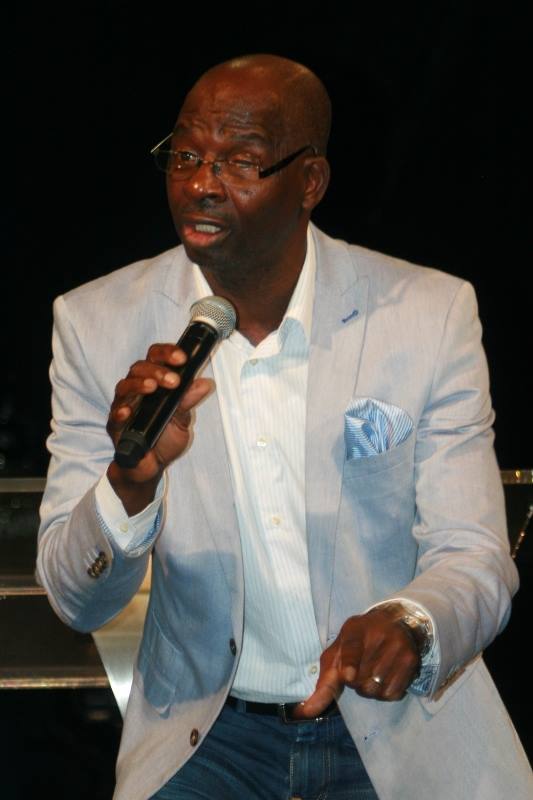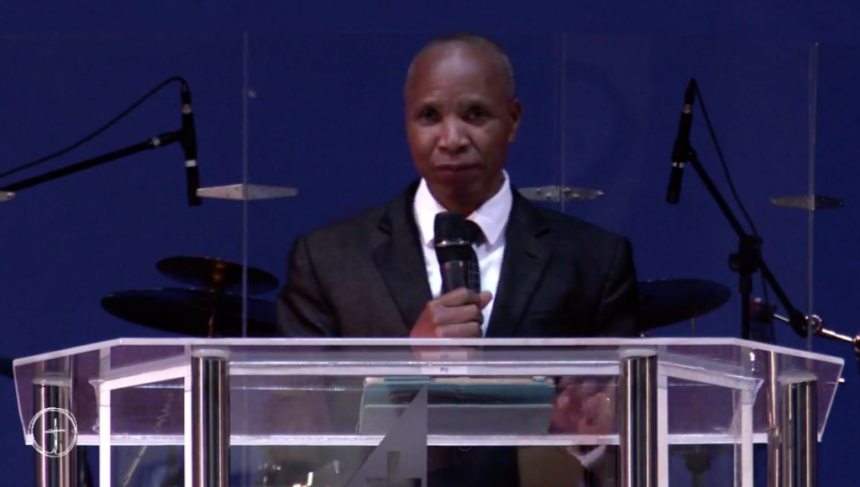The Association of Charismatic and Pentecostal Churches of Namibia last week expressed concern over churches’ mismanagement of resources.
The association’s president Isak Rooi noted that the mismanagement relates to church buildings being sold or repurposed for “secular uses”.
“The sale or secular use of these buildings is a betrayal of the trust and faith of our congregants,” he said.
Rooi said the misuse of church resources has far-reaching consequences.
“It not only deprives communities of their places of worship, but also erodes the trust between church leadership and congregants,” he added.
Rooi’s remarks come after the Council of Churches in Namibia (CCN) last month said it wants to be self-regulated. The CCN also expressed concern over the rapid proliferation of churches and reported exploitation by some church leaders.
CCN president Enoch Sakama said there is a need for all recognised churches in Namibia to be affiliated or registered with the CCN.

“The CCN believes that a register of all recognised churches and church leaders, ministers, pastors and priests [must] be kept and maintained by the CCN,” Sakama added.
Speaking to The Namibian yesterday, Jesus Centre church pastor Haruna Goroh said the idea of the CCN regulating all churches will lead to confusion among different denominations.
“Lutheran is different from the Catholic, even though they are supposed to be Christians, but the mode of worship, the way they conduct their services. And there are some that believe in infant baptism, others don’t believe in infant baptism. And so, they are different, it is going to just create confusion,” he said.
Goroh said the Namibian Constitution allows for fundamental human rights and freedoms.
He said people are free to practice what they want and regulation may infringe on their freedom to do so.
“I think the CCN wants to regulate churches because some people who call themselves pastors or bishops have used Christianity to abuse people or mislead them,” he said.
He added that the CCN must be careful about the regulation of churches to avoid creating rules that are contrary to the same Bible that they uphold.

“Because the Bible, for us, is the final authority on issues of faith. While the Constitution is the one that is the final guide to how the nation runs, and that gives guidance,” Goroh said.
Meanwhile, the number of churches exempt from paying rates and taxes in Namibia has more than doubled this year, from 35 to 83.
During the last financial year, the applications for exemption from paying rates and taxes of 35 churches and other religious-based organisations were approved.
This year, 83 religious-based organisations were granted an exemption by the City of Windhoek, spokesperson Lydia Amutenya said last week.
Recently, the Roman Catholic Church was exempted from paying N$605 583 for its land across the country. This is one of the highest amounts that has been exempted.
Amutenya said since January last year, the municipality received three applications either for rezoning of churches, institutional use, or for consent to use as a place of worship.
“Two of these applications were recommended to the Ministry of Urban and Rural Development for approval, while one application is still pending, as proof of public and neighbour consultations has not yet been provided,” she said.
The municipality received one complaint concerning a church operating from a residence in Dorado Park.
“Following instructions from the council, the operator has ceased these operations,” Amutenya said.
The granting of exemptions comes as church leaders and staff are instructed to pay income tax, regardless of their method of remuneration.
Ministry of Finance and Public Enterprises spokesperson Wilson Shikoto earlier this month told The Namibian church leaders and employees are obligated to pay their pay as you earn (PAYE) tax.
“It is important to note that any income paid to employees and leaders of the church, whether in cash or in kind (such as motor vehicles, cellphones, etc.), is subject to PAYE. This tax should be deducted and paid to the Namibia Revenue Agency,” Shikoto said.
He emphasised that only churches are exempted.
“According to current legislation, ecclesiastical institutions (churches) are exempt from paying income tax,” he said.
This situation is not unique to Namibia. Globally, the tax-exempt status of religious bodies is often a subject of debate.
He highlighted that churches, like any other employer, must comply with tax legislation.
“They are required to deduct PAYE from their employees, according to the applicable tax tables.
“Additionally, any commercial arms or activities of churches are not tax-exempt,” Shikoto added.
Stay informed with The Namibian – your source for credible journalism. Get in-depth reporting and opinions for
only N$85 a month. Invest in journalism, invest in democracy –
Subscribe Now!


